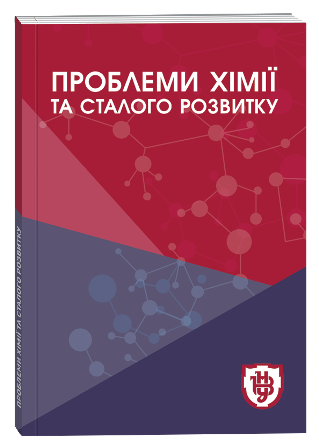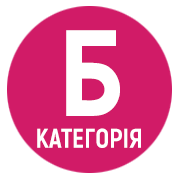METHODOLOGICAL ASPECTS OF THE IMPLEMENTATION OF THE AUTHOR'S EXPERIMENTAL PEDAGOGICAL SYSTEM OF PROFESSIONAL TRAINING OF FUTURE TRANSLATORS ON THE BASIS OF LOCALIZATION
DOI:
https://doi.org/10.32782/pcsd-2023-4-7Keywords:
higher education institutions, professional training, future translators, localization, digitalization, methodological aspects, system, students, readiness for localization, globalizationAbstract
In modern conditions, among the main professional duties of translators is the task of localization of information products, which necessitates the adaptation of educational programs of higher education institutions for the training of future specialists in this field. This need emphasizes the importance of integrating the principles of localization as a fundamental element of the development of an innovative experimental pedagogical system for the specialized education of translators. It is emphasized that localization involves the comprehensive adaptation of the information product to the cultural norms and customs of the recipient country, including the translation of the user interface, accompanying documentation, the help system, as well as the adaptation of the software product to local standards, checking its functionality taking into account the needs of end users. Special attention is paid to the analysis of the cultural congruence of the translation, including the use of symbols, images, color schemes that meet the cultural expectations of the target audience, as well as the final formation, testing and optimization of the localized version of the product. Localization often involves not only the translation of software, games, and applications, but also the adaptation of their color scheme to the aesthetic preferences and cultural characteristics of the target audience. This process requires translators not only to have linguistic knowledge, but also to have a deep understanding of cultural nuances, which allows them to create a product that resonates with the culture, customs and perceptions of the inhabitants of a particular country. Thus, the translator becomes a creator, adapting games, software, or other content to fit the cultural, linguistic, and psychological characteristics of the local audience. That is why the need to modernize approaches to the training of future translators, in particular by introducing an experimental pedagogical system focused on localization, is becoming urgent. This involves the integration of modern information technologies capable of automating and optimizing the translation process, which is a key aspect of professional training in institutions of higher education. The development and implementation of such systems aims not only to teach students adequate translation and adaptation of content, but also to develop their cultural awareness and special skills necessary for successful localization. An important component of this process is the use of differentiated approaches and training exercises aimed at forming students’ competencies necessary for effective work with localized content, including achieving a high level of professionalism and introducing digital innovations into the educational process.
References
Дмитренко, Т. В., Кучера, А. М., Стрельник, О. О. (2021). Соціокультурні детермінанти формування особистості філолога: лінгводидактичний аспект. Наукові записки : збірник наукових статей, 151, 46-54.
Максименко, Л. О. (2017). Втілення сучасних підходів у процес формування у філологів-перекладачів компетентності у письмовому перекладі наукових текстів. Науковий часопис Національного педагогічного університету імені М. П. Драгоманова. Педагогічні науки: реалії та перспективи: зб. наук.праць, 58, 93–101.
Олексієнко, Л. А. (2019). Проблеми змісту професійної підготовки майбутніх перекладачів у закладах вищої освіти України та можливі шляхи їх розв’язання. Вісник КрНУ імені Михайла Остроградського, 3 (116), 33–38.
Ребрій, О. В. (2012). Сучасні концепції творчості у перекладі: монографія. Харків: ХНУ імені В. Н. Каразіна.
Сімкова, І. О. (2018). Теорія і методика професійної підготовки майбутніх перекладачів до здійснення усного двостороннього науково-технічного перекладу : дис. док. пед. наук : 13.00.04. Київ, 539.
Mirza, C. (2017). Translators of the Future: What Skills Do You Need?. GALA Globalization and Localization Association, 6 June URL: https://www.gala-global.org/blog/translators-future-whatskills-do-you-need (data zvernennia: 28.01.2022)
Online Browsing Platform, ISO/TS 11669:2012 Translation projects – General guidance. URL: https://www.iso.org/obp/ui/#iso:std:iso:ts:11669:ed-1:v1:en. (data zvernennia: 28.01.2022)
Roturier, J. (2015). Localizing Apps: A Practical Guide for Translators and Translation Students. Abingdon, New York : Routledge.
Stein, D. (2013). Machine Translation: Past, Present and Future. Translation: Computation, Corpora, Cognition, 3 (1), 5–13.







